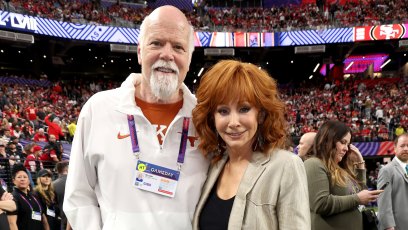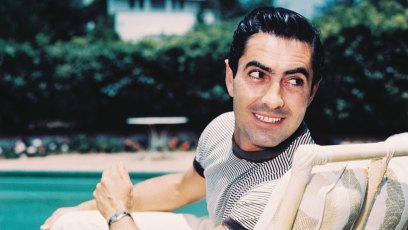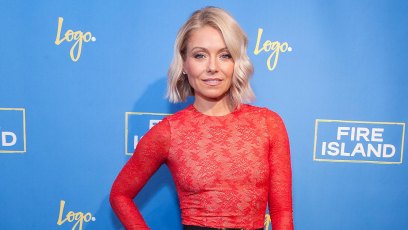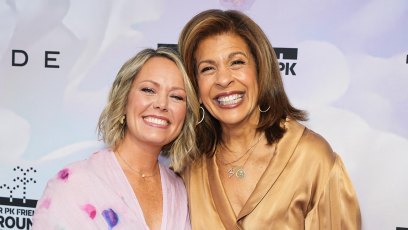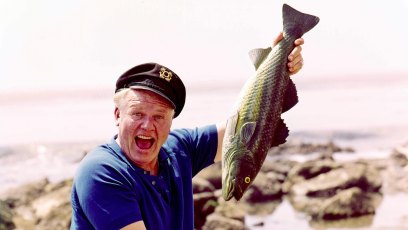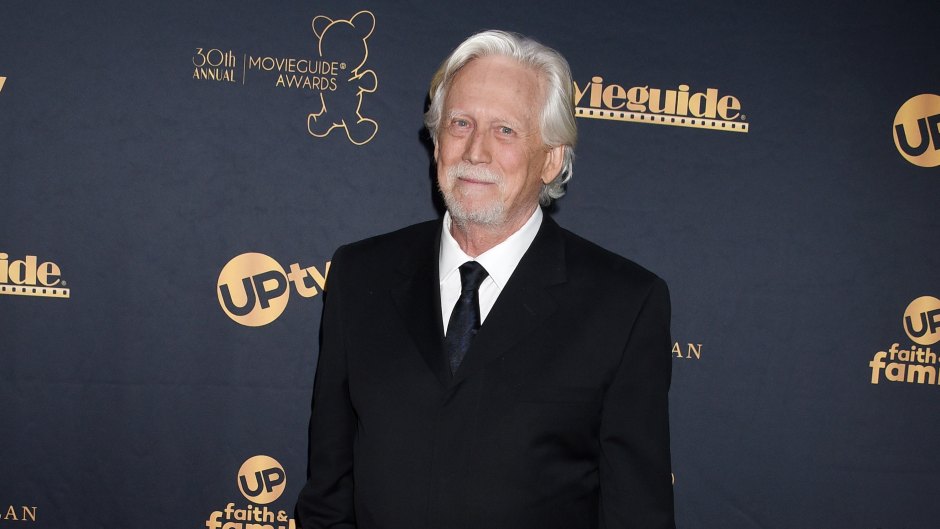
AFF-USA/Shutterstock
Bruce Davison Opens Up About His Career, ‘1923’ TV Show, Celebrity Friends and More
When Bruce Davison was a young actor, an experienced director advised him not to become a leading man. “Robert Aldrich, who did The Dirty Dozen and What Ever Happened to Baby Jane?, said, ‘You don’t want to be a leading man. You’ll do six pictures and nobody will ever hear from you after you’re 30,’” Bruce tells Closer. “He said, ‘Be a character actor. Do the supporting roles, play the villains and the victims, the doctors and lawyers.’ And that’s what happened to me, basically.”
It was sound advice. Today, Bruce, 76, has more than 300 credits in a career that has spanned five decades. The Philadelphia-born performer and dad of two burst out of the gate with the 1971 horror film Willard. A little over a decade later, he won a Golden Globe Award and an Oscar nomination for his performance in the groundbreaking 1989 tearjerker Longtime Companion. Bruce recently appeared in the fourth and final season of Ozark, and he can currently be seen as Arthur on the hit historical drama 1923.
Tell us about your character in 1923.
I play an English lord in the Africa sequence. I introduce the lead actress, Alexandra, when my son is engaged to her. We’re doing the wedding toast when she first meets Spencer.
Did you shoot on location?
Yes, all our stuff was shot in Africa, Malta and on the Queen Mary. In Africa, we went into the jungle in places that could stand in for 1923 Nairobi. There was so much wildlife there. Production would say things like, “Wait for the herd of elephants to get out of the shot.”
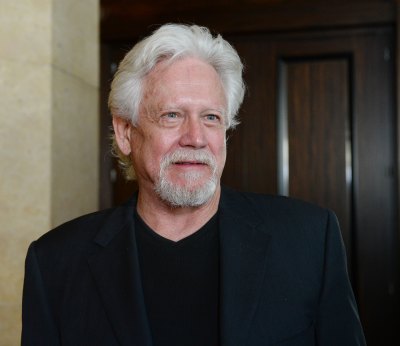
What do you attribute to the longevity of your career?
I have to say just surviving it. I’ve gone through so many ups and downs in the business. I’ve learned to accept it as a river. It’s always going to be there and you’ve got to jump in. Sometimes you can swim and other times the boat goes down.
Was your family supportive when you told them you wanted to be an actor?
Not at first, no. First of all, I wanted to be an artist and go to art school. They said, “No, you don’t know who you are yet. Go to Penn State and take liberal arts.” I fell in love with theater there. I found my crowd, my people, all the weird outliers who walk around muttering lines to themselves. Everyone thinks they’re crazy, but they’re rehearsing.
You starred in the hit horror movie Willard very early in your career. How did that change your life?
Well, for 15 years after I kissed that rat I never kissed another girl! [Laughs] But people still remember it. It started a whole series of great critter films. You know, I find myself at the beginning of a lot of eras. The same thing happened with X-Men. After that film, suddenly there were all these Marvel films.
You also were an extra in Close Encounters of the Third Kind. How did that come about?
I used to be neighbors and friends with Steven Spielberg before he became Citizen Kane. I was on my way up to New York and he said, “Come on down to Mobile.” He was shooting the mother ship. I had just done Willard, so he had me hidden behind a hat and mask in the shadows.

But that’s pretty cool.
Yeah, I had a lot of friends who used to hang out at Margot Kidder and Jennifer Salt’s beach house down in Decker Canyon back then. Every Sunday there would be a soiree. Nobody had made a film yet, but it was people like Brian De Palma, Steven, George Lucas, Martin Scorsese and Robert De Niro. It was funny to see everyone shoot off out of that and become the great filmmakers of that decade.
In 1991, you won a Golden Globe and got an Oscar nomination for Longtime Companion, which was the first theatrical release to address the AIDS crisis. Did anyone warn you not to do the film?
I was told not to do it by everybody. But I had to. During that period of time, it was like the Holocaust. My agent, my manager and my commercial agent all died within six months of shooting during that film. There were members of the cast that lasted just a few months before they died, too. It was a very different and a very scary time.
You have directed as well as acted. Which do you prefer?
Oh, acting. Directing is for grown-ups. It’s just too much hard work. You know, the actor is saying, “Come on, when’s lunch?” But the director is saying, “Lunch? I’m three shots behind!” Being a director, you have to be a jack-of-all-trades because you’re in charge of what everyone is doing.
Who have been some of your favorite co-stars?
Oh, I couldn’t pick one. I can think of a couple of great ones though. Burt Lancaster, Henry Fonda and Lucille Ball spring to mind.
That’s right, you played a role in Mame. What was Lucy like?
I used to be friends with Desi [Jr.]. She said to me, “My son says you’re a good actor, so all right, you’ve got that part.” I came in and in the first scene was embracing her and saying, “I love you, Auntie Mame.” I did the take. All good. The director says, “OK, print.” She said, “I didn’t believe it. Let’s go again.” So I thought, this is going to be tough! We did it again and she said, “I knew you had it in you!” That was Lucy.
You have two children. Did either of them follow you into the business?
My son is a writer in New York. We also have a 16-year-old daughter. She is getting involved in musical theater. She loves doing plays.
Have you encouraged them to get into the industry?
Not at all. [Laughs] But everybody’s got to follow their dreams. Like when my daughter’s doing two plays at once, she doesn’t come up for air. She’s just so passionate about it. That’s what one has to be in life. If you’re in a job, it should be something that you love.
What’s on your bucket list?
Painting. I started college as an art major but never got far. Henry Fonda was very instructive in getting me started again. He said, “It’s not about the results, it’s about the journey. You’ll never be Rembrandt, but you can still enjoy doing it.” So during COVID, that’s what I went back to.











